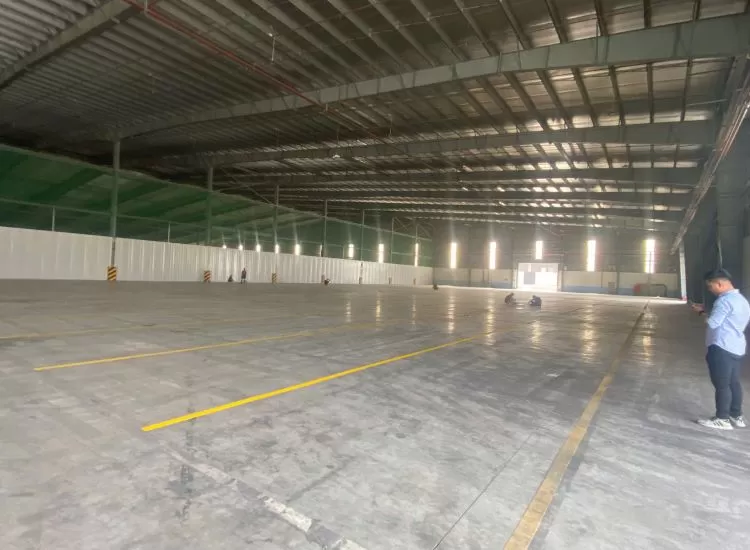Recruiting Supply Chain Talent
New technologies, consumer demands, and the rise of the mobile workforce are shifting the business landscape quickly, making specialized supply chain and logistics workers more valuable than ever. It's imperative for organizations to have a strategy in place to recruit and retain these talented workers.

Tisha Danehl, vice president of staffing agency Ajilon, offers this advice for attracting the industry's future leaders.
1. Update job descriptions.
Be as specific as possible in your job postings and define the required experience level, position demands, and company expectations. It's also important to outline the exact skills you are looking for, taking into account not only technical skills, but also soft skills such as collaboration and multitasking.
2. Leverage industry-specific organizations.
It may feel logical to post your open position on every job board you can find, but this will cost you more work in the long run. To make sure you get applications from qualified candidates, focus efforts on industry-specific job boards and social media groups. LinkedIn is a great place to begin your search for targeted groups.
3. Diversify your hiring panel.
You'll attract a more diverse pool of candidates if you employ a diverse group of hiring managers. The interview process is your chance to make a great first impression, so it's important to emphasize all backgrounds to show that everyone has an equal opportunity.
4. Partner with universities.
Recruiting directly from undergraduate programs is a great way to find workers with the right knowledge. You also can engage in a partnership to offer skill-building workshops that prepare graduating seniors, or work with colleges to align specific job skills with those today's supply chains need most.
5. Get creative on social media.
Show potential recruits what it's like to work for your organization by highlighting examples of your company's biggest successes or top performers on your website and social channels.
6. Offer paid internships.
Paid internships or scholarships are mutually beneficial for students and the future of supply chain organizations. Providing paid opportunities to students can help draw more young people with potential to the field.
7. Provide training programs.
Employees will benefit from professional development and skills training opportunities. As new technologies and business models continue to shift, you can secure talent by offering in-house training to close any skills gaps.
8. Offer competitive salaries.
Salaries are expected to increase by 2.9 percent in 2017, according to the 2017 Ajilon Salary Guide. Avoid losing strong candidates or valuable employees to competitors by researching salaries to make sure they are competitive.
9. Emphasize opportunities for growth.
What does a career path at your company look like? When will there be opportunities for promotion or advancement? These are questions you should anticipate from job seekers and be prepared to answer before they are even asked.
10. Bring in external resources.
Recruiting firms can be a resource to help find pools of specialized candidates. The partnership allows you to focus on other responsibilities and ensure that talent is qualified and a good cultural fit.
(Source: Inboundlogistics)











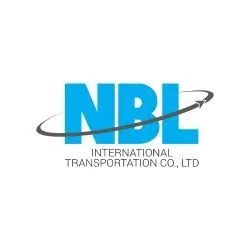









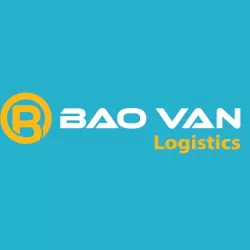
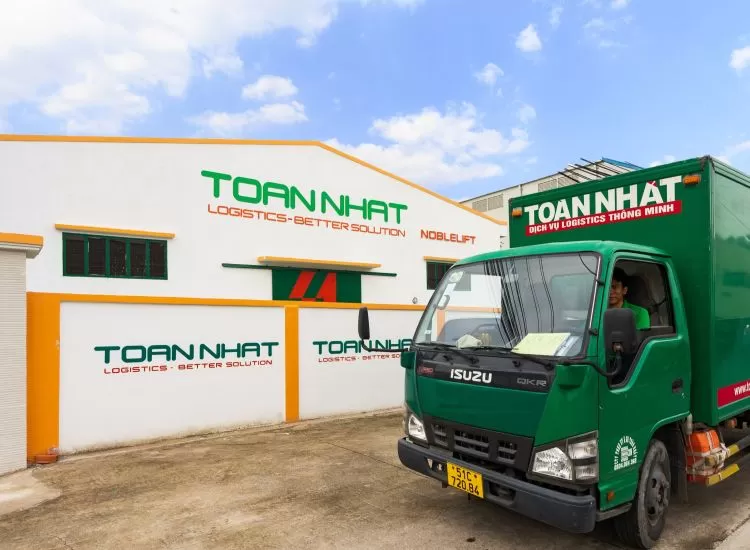
.webp)
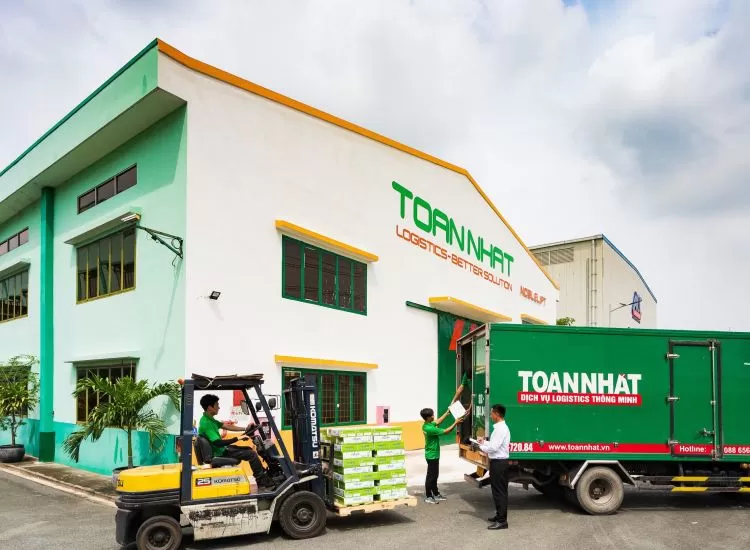

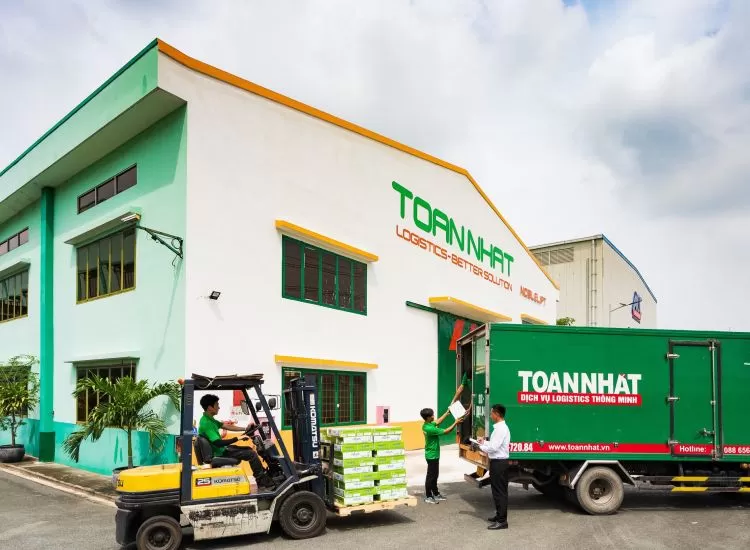



.webp)
.webp)
.webp)


